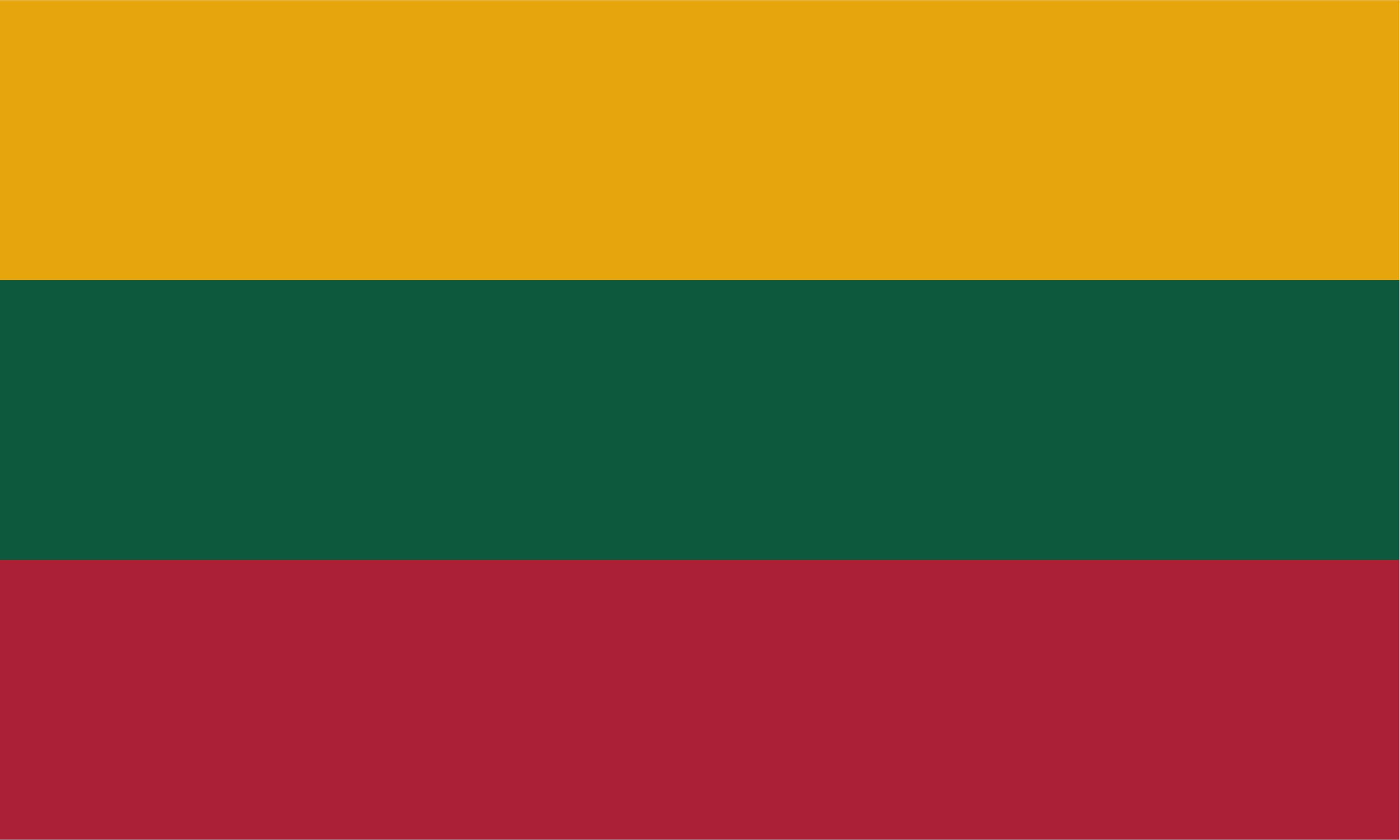17-Jul-2020
The Instruct-ERIC consortium continues to grow, as Lithuania is welcomed as our newest Member Country. Researchers in Lithuania are now eligible to apply for funding to use structural biology services at all Instruct Centres, as well as training courses, internships, and R&D awards.
Lithuania is an innovative country with long-standing traditions in molecular and structural biology. “Fermentas”, a well-known producer of restriction enzymes (acquired by Thermo Fisher Scientific in 2010) and the CRISPR-Cas9 discovery are both trademarks of Lithuania’s life science R&D sector.
The largest part of the structural biology community is concentrated in a newly established Vilnius University Life Sciences Center (VU LSC), which hosts modern labs and research infrastructure facilities. The VU LSC, which is home to 250 researchers, 120 PhD candidates and 890 students, is the leading organisation coordinating Instruct-ERIC-related activities in Lithuania.

The Vilnius University Life Sciences Center.
Prof. Virginijus Šikšnys, one of the pioneers in the development of CRISPR-Cas systems and Kavli Prize (2018) laureate remarked that “I am really glad that Lithuania finally became an Instruct member. Instruct membership will provide access to the unique infrastructure and new collaboration possibilities, and open new horizons for structural and molecular biology research in Lithuania”.
Prof. Gintaras Valinčius, director of the Vilnius University Life Sciences Center commented that “Membership of Instruct-ERIC opens up a lot of new opportunities for Lithuanian scientists and graduate students to tap into expertise and experimental resources of a vast community of European structural biologists. I expect our membership will also contribute towards strengthening open science traditions, as well as providing a friendly academic environment for the best talents to flourish.”
Currently the VU LSC, together with Lithuanian University of Health Sciences (LUHS), is building a virtual Centre for Computational, Structural and Systems Biology (CossyBio). The VU LSC is the lead partner in the CossyBio network, which focuses on the structure and functions of biomolecules and biological systems, and computer simulations. Moreover, CossyBio will provide open access to R&D infrastructure both for internal and external users. Users can get access to instrumental resources at VU LSC for purifying and crystallising proteins and their complexes, and for establishing the 3D structure of proteins and nucleic acids, using X-ray diffraction and cryo-EM equipment (to be installed at VU LSC by the end of 2020).
Lithuanian membership in Instruct-ERIC will significantly expand the instrumental and technological capabilities of the Lithuanian researchers and will allow the synergy of structural biology activities with cellular, molecular and neurobiology. We look forward to the new and exciting research collaborations that Instruct’s expanding membership will bring.
Structural studies of restriction enzymes by prof. Šikšnys team at the Institute of Biotechnology at VU LSC and partner institutions contributed nearly half of restriction enzymes structures available at the Protein Data Bank (PDB). Prof. Šikšnys’ team has also made important contributions in elucidating structural and mechanistic properties of diverse CRISPR-Cas systems.
The extensive expertise of Prof. Česlovas Venclovas’ research group from VU LSC in the field of protein structural bioinformatics, especially in the development of computational methods for detecting protein homology from sequence data, comparative protein structure modelling, analysis and evaluation of 3D structure of proteins and protein complexes, has already been acknowledged as the best prediction group at the international protein structure modeling competitions “Critical Assessment of Protein Structure Prediction (CASP) in 2017.
Since 2007, Dr. Saulius Gražulis’ research team from VU LSC has been actively developing the Crystallography Open Database (COD) - the largest open access collection of small molecule crystal structures, including organic non-polymer, inorganic and metal-organic compounds and minerals to date. In an international collaboration governed by the COD Advisory Board (of which Dr. S. Gražulis is an active member), the COD grew from 50 thousand to over 400 thousand records, providing representative statistics for large classes of molecules important for life sciences, materials sciences, quantum chemistry calculations and beyond.
